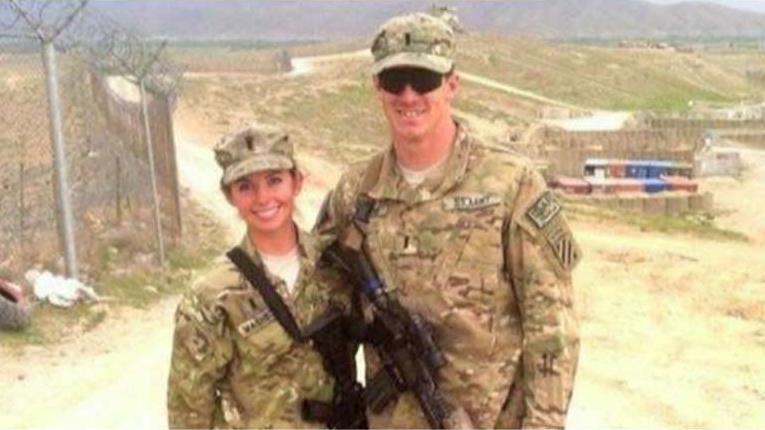Leadership Prof. Jack Yoest: Gratitude all year long -- How managers can balance humility AND ambition
How can a senior manager demonstrate humility? And balance that virtue with the desire to pursue more responsibility?
‘Tis the season of Thanksgiving; a time that encourages the self-examined contradiction of every leader: Can I be both Humble and Ambitious?
Even the Bible notes the challenge: Leadership is noble; but pride is not.
Whoever aspires to be a church leader desires a noble task. 1 Timothy 3:1b, and
God opposes the proud but shows favor to the humble, James 4:6b.
So how can a senior manager demonstrate humility? And balance that virtue with the desire to pursue more responsibility?
JOCKO WILLINK: WHY ALL YOUR PROBLEMS ARE LEADERSHIP PROBLEMS (AND WHAT TO DO ABOUT IT)
Yes, the Big Boss can hand out turkeys in November and bonus checks in December. But how can managers demonstrate humility?
Humble
The latest social media trend is “Authenticity,” demonstrated by chronicling quirky personal foibles. But (over-)sharing personal faults may not be humility. Self-revelation might be the woke fad, but it is still inner-directed: it’s all about me. Genuine humility is ‘other-directed.’
My colleague, Bill Bowman, serial entrepreneur and associate professor at The Catholic University of America, defines the virtue of humility as: “Awareness that all our gifts come from our Creator and having an appreciation for the gifts of others.”
Thanksgiving and gratitude can be expressed through respect for another person’s opinion, even, and perhaps especially, a subordinate’s. The self-importance of any higher office can lead to haughtiness and needs to be balanced with accountability.
GET FOX BUSINESS ON THE GO BY CLICKING HERE
“Arrogance deadens the conscience,” David J. Bobb writes in his book, "Humility: An Unlikely Biography of America’s Greatest Virtue." “It must be guarded against not only with real humility but the practice of true compassion.” That is: I care about the trials and talents of my team. And, as important, valuing their opinion.
The humble leader needs to know what his subordinates think, including about him or herself. While that may still seem self-focused, done rightly, it’s a mark of respect and appreciation of the team.
Feedback
The famous, and beloved New York City Mayor Ed Koch, invited—no, demanded—candor from co-workers and constituents. Mayor Koch would accost New Yorkers on the subway and from every street corner, with, “How’mIdoin’?” (How am I doing?). He’d get an earful. They loved him. He served as NYC mayor from 1978 to 1989.
SIX END OF YEAR TAX TIPS TO GET AHEAD IN 2020
This is difficult for most managers. So how do we get the feedback necessary for self-improvement and humility? After all, not every staffer will speak truth to power in person.
360 Degree Evaluation
The German Army used Multisource Assessment as an evaluation tool for their Officer Corps in World War II.
Germany lost the Second World War, of course, but this control element lives on in nearly every organization. Human Resource Managers now label it the 360 Degree Evaluation.
This instrument is a communication medium to measure personnel effectiveness. A 360 Evaluation gets input from those who encircle the evaluatee. The person in the center gets graded not just by a boss but also any staff who report to him or her and internal and external peers. This is usually anonymous except for the appraisal from the boss.
The 360 Evaluation works best with Commitment, Confidentiality and Candor
The manager must actively support the concept of being in the center of accountability by submitting to the same humiliation of the nameless backstabbing as endured by the rest of the company. No one is exempted.
But even with this perceived, painful assessment, a 360 Evaluation will reduce stress for both supervisor and employee.
Direct, honest criticism disguised through anonymous advice will keep anyone, even the ambitious, humble. And graciously accepting this kind of critique is an oft-overlooked and essential part of truly authentic gratitude.
Jack Yoest is a consultant and Assistant Professor of Practice in Leadership & Management at The Catholic University of America in The Busch School of Business, in Washington, D.C. He teaches in both graduate and undergraduate students. He is the author of "The Memo: How the Classified Military Document That Helped the U.S. Win WWII Can Help You Succeed in Business."




















